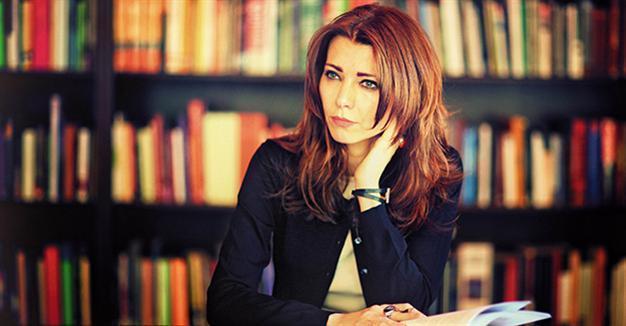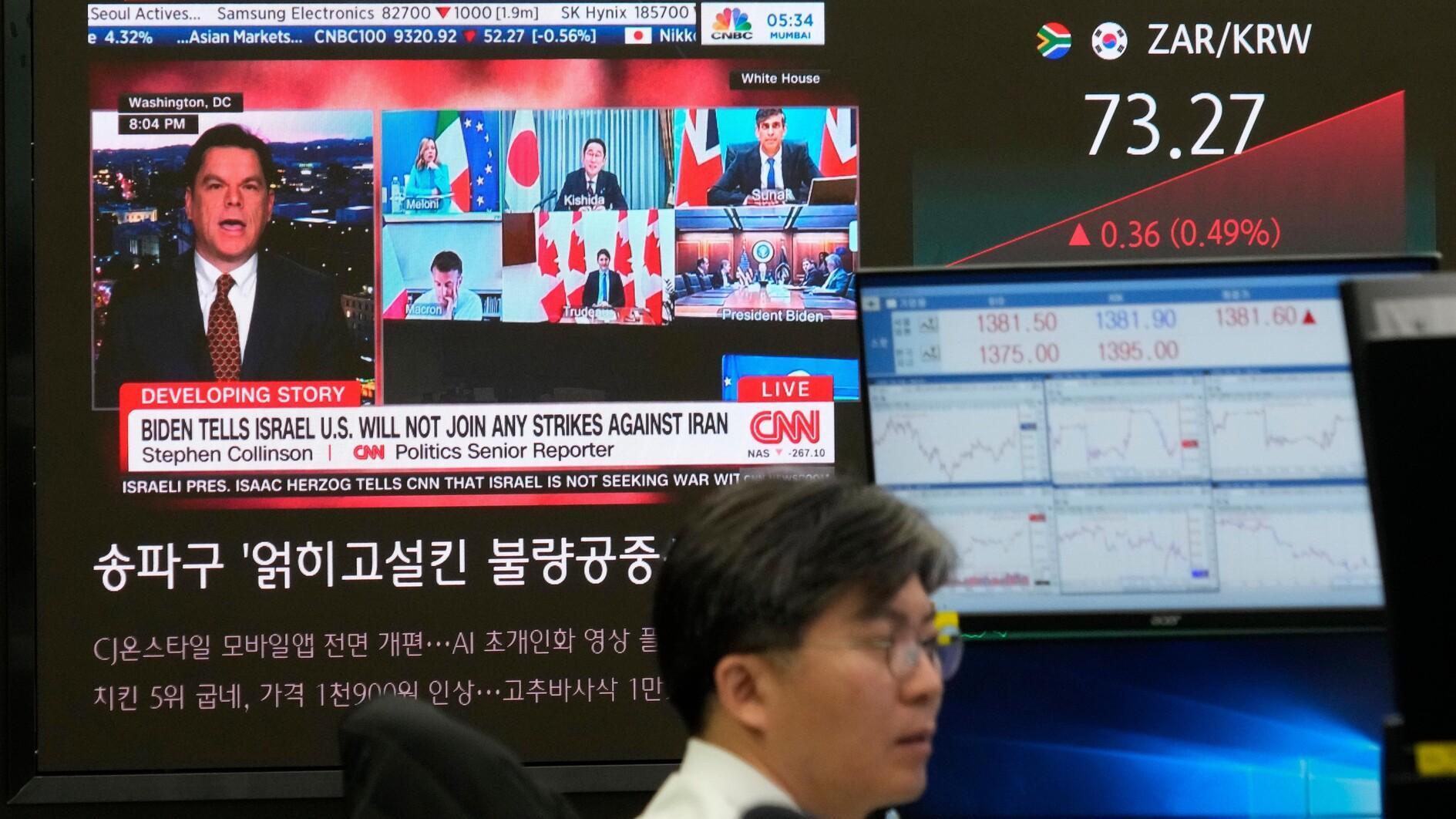Elif Şafak compares Turkey coup bid to Nazi bombing
ISTANBUL
 The plotters behind the July 15 attempted coup are “no different” to Hitler’s Nazis, award-winning Turkish novelist Elif Şafak has said.
The plotters behind the July 15 attempted coup are “no different” to Hitler’s Nazis, award-winning Turkish novelist Elif Şafak has said. Speaking about last month’s scheme by rogue military members to oust Turkey’s government, Şafak, who divides her time between Istanbul and London, told Anadolu Agency on Aug. 12
that she would compare the bombing of the Turkish parliament by pro-coup pilots to the Luftwaffe’s attacks on Westminster to convey the trauma experienced by Turks. “Those who organized and carried out the coup attempt are no different from the Nazis,” she said, adding that those who resorted to “violence and trickery” had no “social legitimacy” in the civilized world.
Şafak, who has written 13 books, referred to the “horrible and dark” night that saw around 240 people killed and nearly 2,200 injured as tanks took to the streets of Istanbul and Ankara and F-16 jets roared overhead.
“They attempted to overthrow the elected government and president by weapons and tanks,” she told Anadolu Agency in an interview conducted over the Internet. “None of this is acceptable or excusable.”
She identified three groups who combined to defeat the coup -- the people who heeded President Recep Tayyip Erdoğan’s call to take to the streets to resist; the media that rallied against the coup, particularly the media outlets usually critical of the government; and lawmakers from across the political spectrum who mounted an all-night “democracy watch” at parliament despite being bombed.
The Fetullahist Terrorist Organization (FETÖ) led by U.S.-based Islamic preacher Fethullah Gülen has been widely blamed for arranging the coup attempt and Şafak said it was obvious that Gülen’s movement had two sides.
“Schools, culture and education was their visible and positive face,” she said, referring to the worldwide network of educational establishments the group runs.
“Unfortunately, it seems that there was also a dark side to them.”
Şafak said FETÖ’s “dark side” had already been witnessed during the Balyoz (Sledgehammer) and Ergenekon trials, which saw hundreds of military officers jailed between 2008 and 2012 on the basis of fabricated evidence of coup plots.
The convictions have since been quashed and the prosecutions blamed on Gülen’s supporters in the criminal justice system who were trying to purge the military of their rival officers to clear the path for Gülenists to be promoted.
“But it was on the night of July 15 that it showed its ugly face in the most horrifying manner,” Şafak said.
She also cautioned, in an apparent reference to the arrests or dismissals over alleged links to the FETÖ-led coup bid, against labelling and persecuting academics, journalists, artists and innocent people “out of a personal feud.”
















